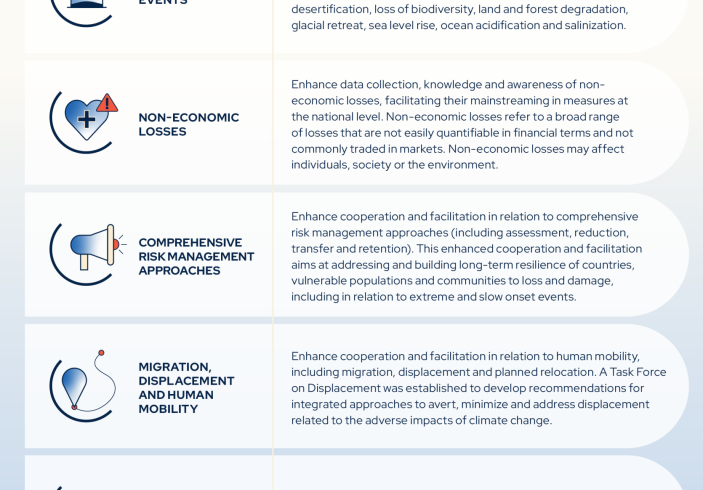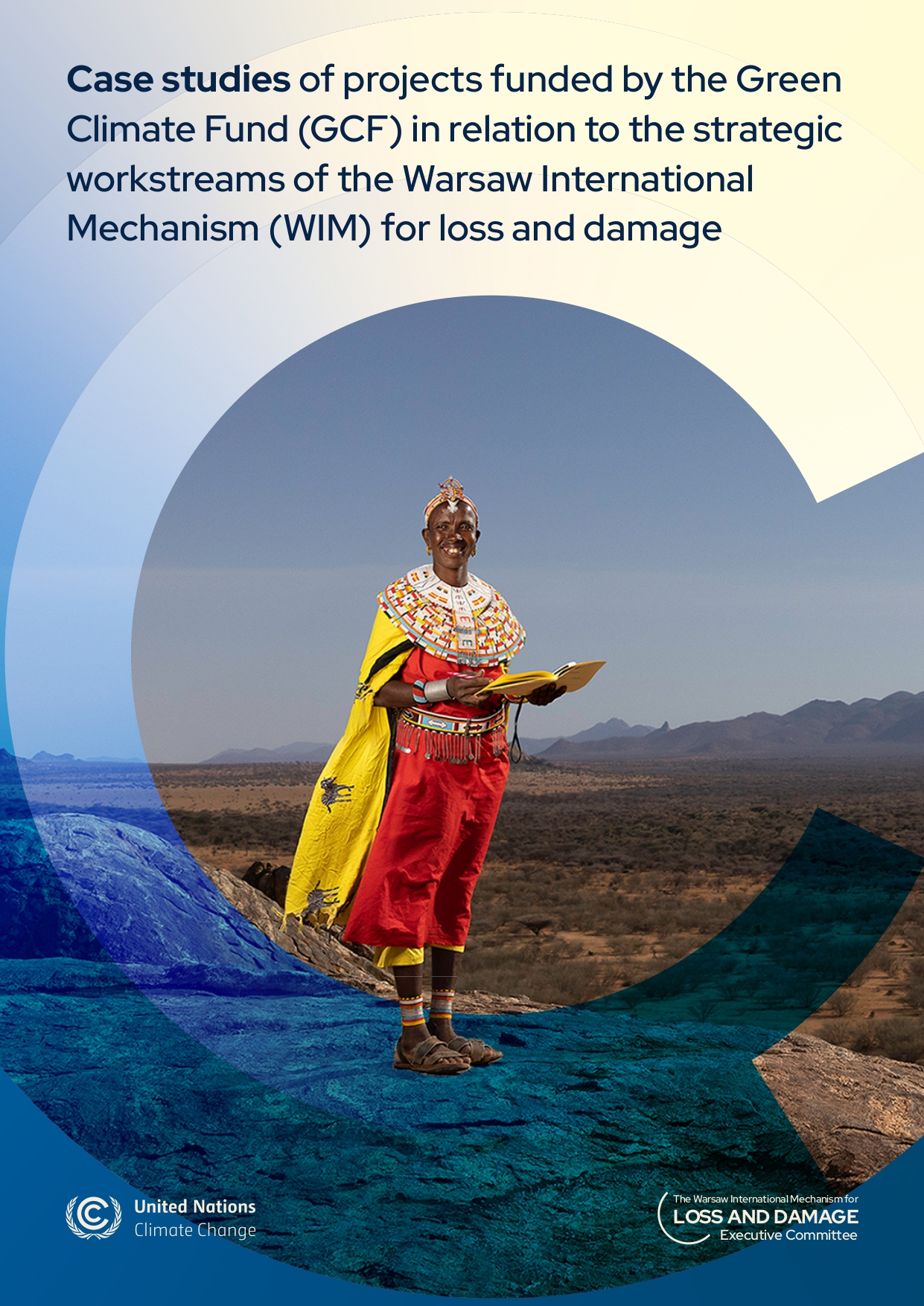Case studies of projects funded by the Green Climate Fund in relation to the strategic workstreams of the Warsaw International Mechanism for loss and damage
Credit: UN Climate Change

Credit: UN Climate Change

